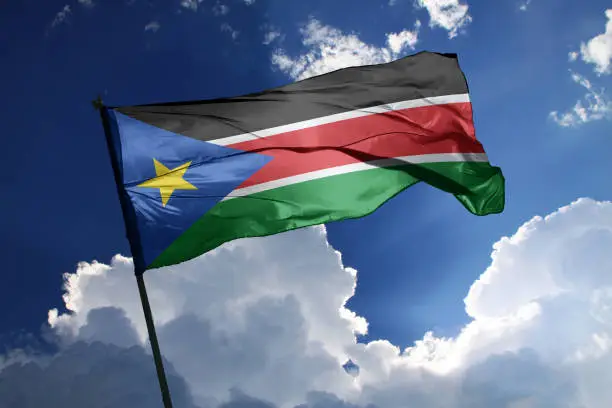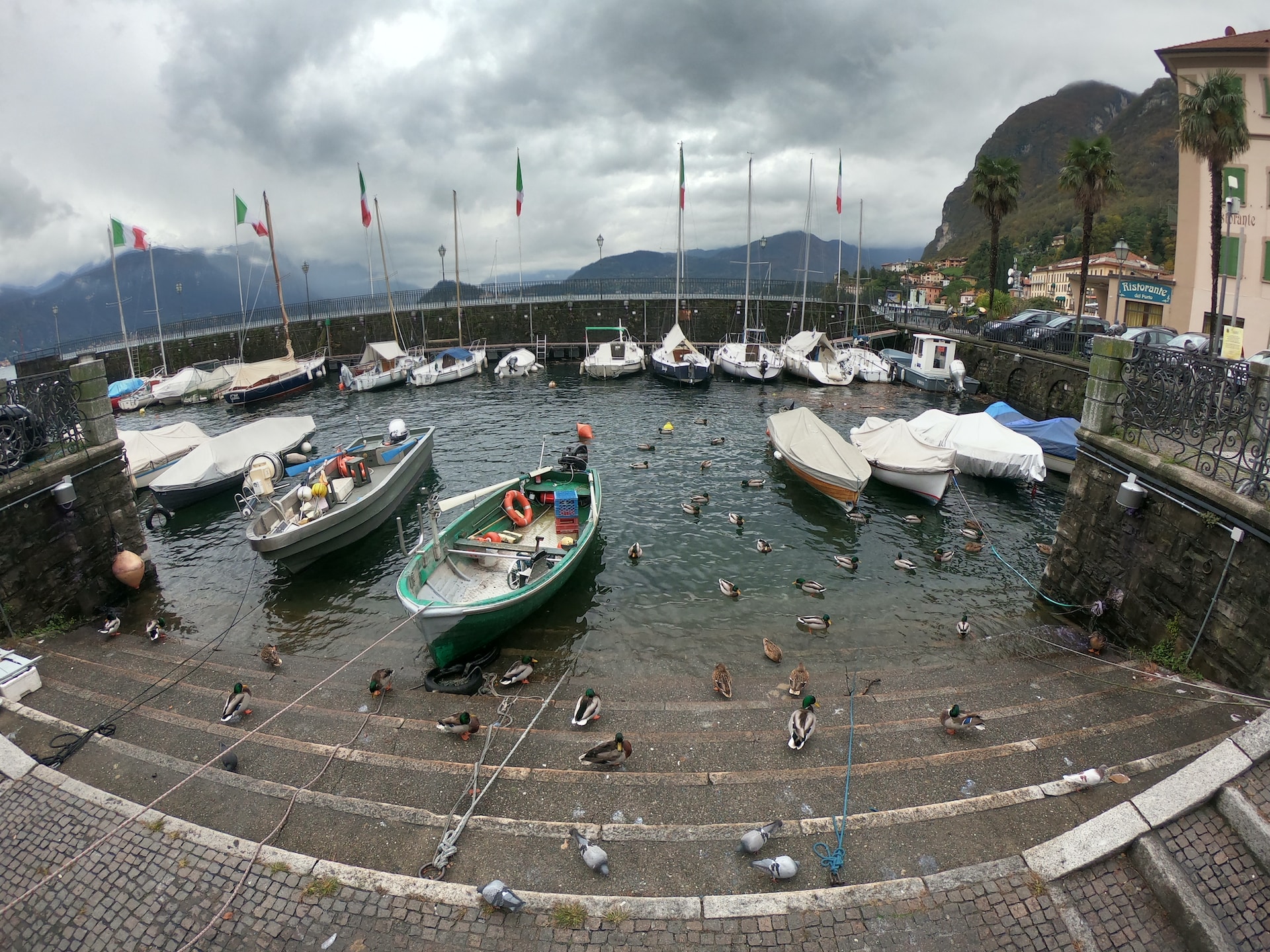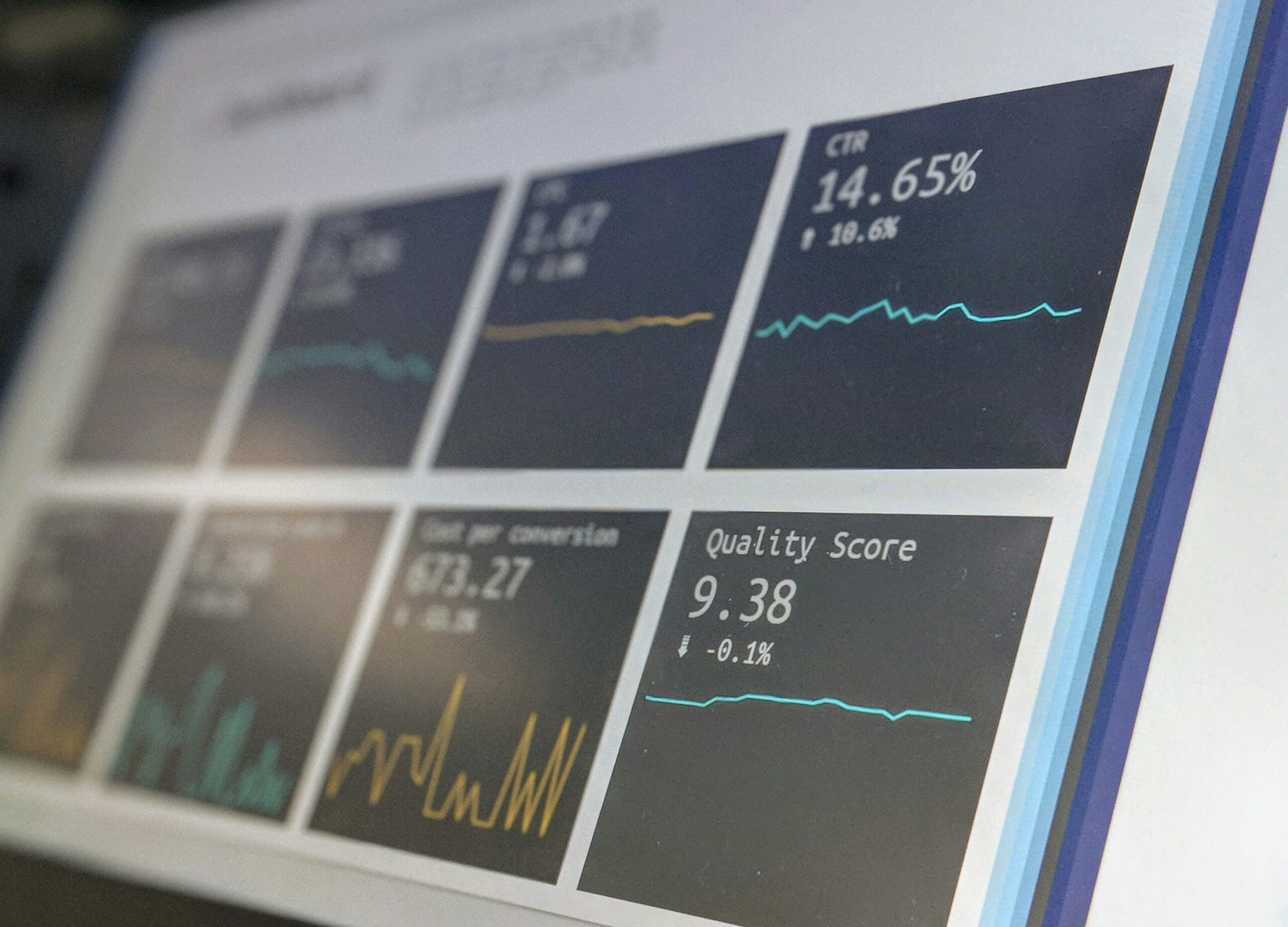It might be difficult but beneficial to launch an agribusiness in Mauritania. A developing nation in West Africa, this nation has a population of about 4.5 million. With over 25% of the country’s GDP coming from agriculture and almost 50% of the population working in it, it is a significant part of the Mauritanian economy. However, the industry suffers many difficulties, including a hard environment, a little amount of arable land, and low output.

Despite these obstacles, there are chances for businesspeople who want to put money into Mauritania’s agriculture industry. You can discover some important tips for launching an agribusiness in Mauritania in the response provided.
Conduct market research
Market research must be done before launching any firm to discover potential clients and rivals. Understanding local market demand for agricultural products, competition from other producers, and prospective export markets is crucial for an agriculture business here. Understanding the country’s agricultural products’ prices and distribution methods is also crucial.
Choose the right crop
The climate in Mauritania is primarily arid and semi-arid. Consequently, picking crops that are suited to the local climatic conditions is crucial. This nation can grow a variety of crops, including millet, sorghum, maize, rice, beans, and vegetables. Picking a crop that is in high demand on the local market and has a strong chance of exporting is crucial.
Secure land
Land acquisition is a crucial factor in every agriculture enterprise. Land tenure is a complicated subject in Mauritania because much of the country is communally owned. To ensure that land is accessible for agricultural use, it is crucial to cooperate with the local government and community. It is also essential to ensure that the land is suitable for the chosen crop and has access to water.
Access to water
For agriculture, water is a vital resource, and it is frequently in short supply in Mauritania. A dependable source of water is required for irrigation, therefore it can be necessary to spend money on irrigation infrastructure like wells or boreholes.
Access to finance
All firms must take access to financing into account, but it can be more difficult in poor nations like Mauritania. In Mauritania, a variety of institutions, such as the National Agency for the Promotion of Employment and Skills and the National Agency for Rural Development, offer financing for agricultural companies. It’s crucial to look into all financing possibilities and to have a strong business plan to show prospective lenders.
Local partnerships
Success in the Mauritania agriculture business depends on developing solid relationships with local people, suppliers, and distributors. To create a supply chain that is resilient and sustainable, strong collaboration with neighborhood farmers, cooperatives, and groups is essential.
Focus on sustainability
Any agribusiness firm that wants to succeed in the long run must prioritize sustainability. It’s crucial to concentrate on sustainable agricultural methods here, such as water management, soil conservation, and the utilization of renewable energy sources. Investing in sustainable agricultural methods benefits the company’s productivity and profitability in addition to helping to safeguard the environment.
Market opportunities
Foreign investment is also welcome in Mauritania’s agro-industry, notably along the Senegal River. The majority of the work is done by hand, and agriculture and livestock provide a living for close to 50% of Mauritania’s people. This nation is significantly dependent on agricultural imports. Its market is sensitive to changes in world commodity prices because domestic production in 2021 may only supply around one-third of the nation’s food needs. In addition to the food aid it receives, the nation imports approximately 600,000 tons of grains annually on average. The government plans to raise its investment in agriculture as part of an ambitious endeavor to address the problem of food self-sufficiency. To clear potentially fertile land, the government intends to boost agricultural mechanization in the Senegal River Valley. Also, to increase access to electricity in rural areas, and establish a wholesale market for fruits and vegetables in Nouakchott, the nation’s capital. The Ministry of Rural Development is actively participating in outreach initiatives for farmers in the south. They are encouraging them to cultivate additional land to increase food production and lessen the nation’s reliance on imports.
Conclusion
In conclusion, it can be difficult to launch an agriculture business here, but with the appropriate approach, it can also be very successful. Doing market research, selecting the best crop, ensuring access to land and water, obtaining financing, forming local alliances, and concentrating on sustainability are important factors. Entrepreneurs can establish a profitable and sustainable agriculture business here by carefully taking these variables into account and creating a strong business plan.
You may also find these articles helpful
Start IT business in Russia
Start IT business in Saudi Arabia
Start IT business in Singapore







